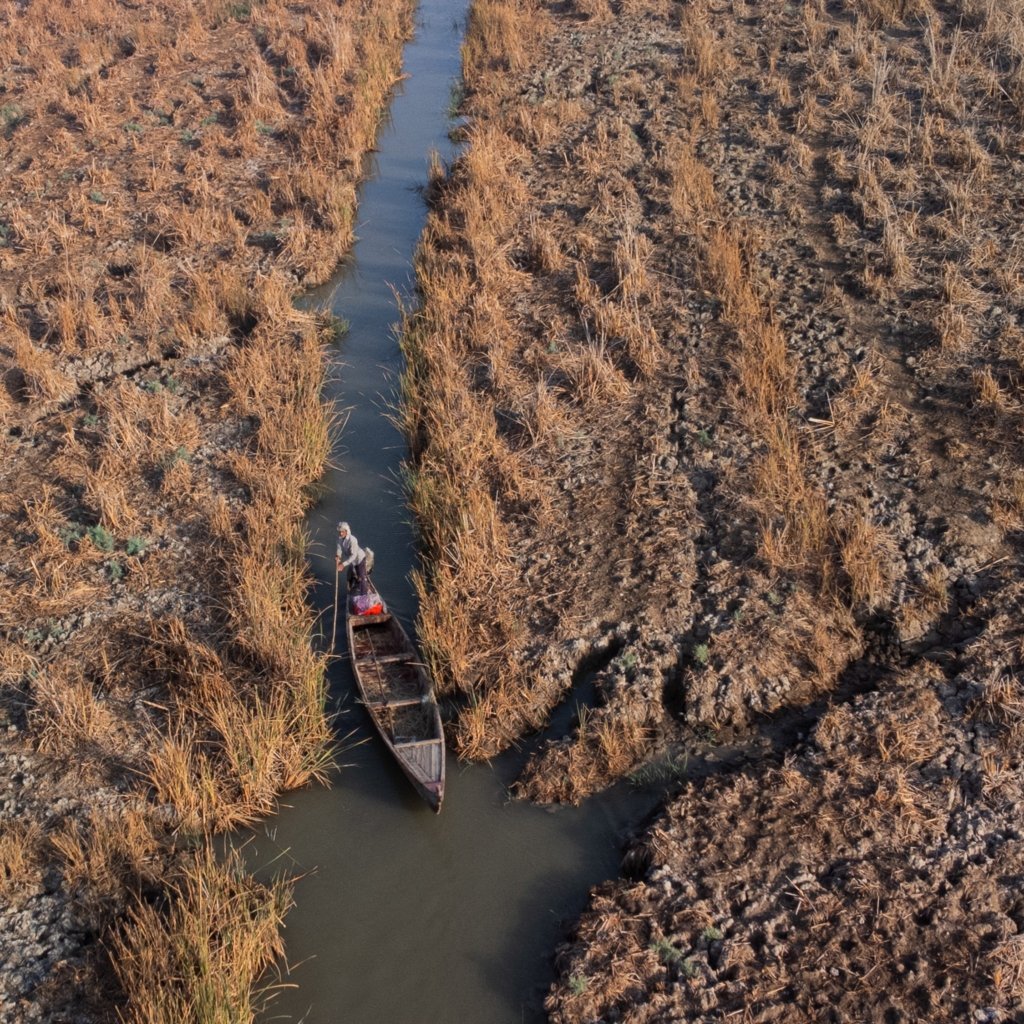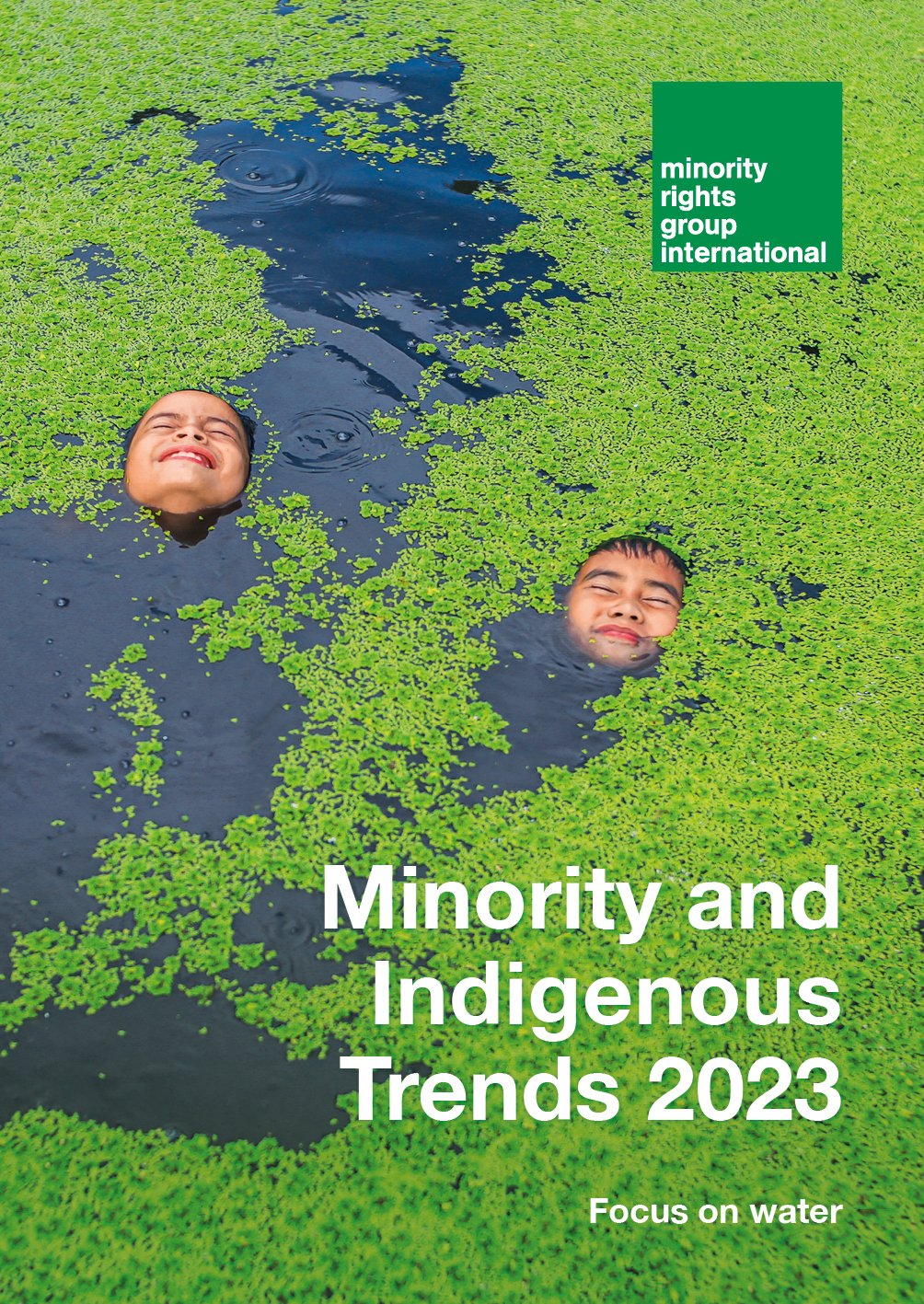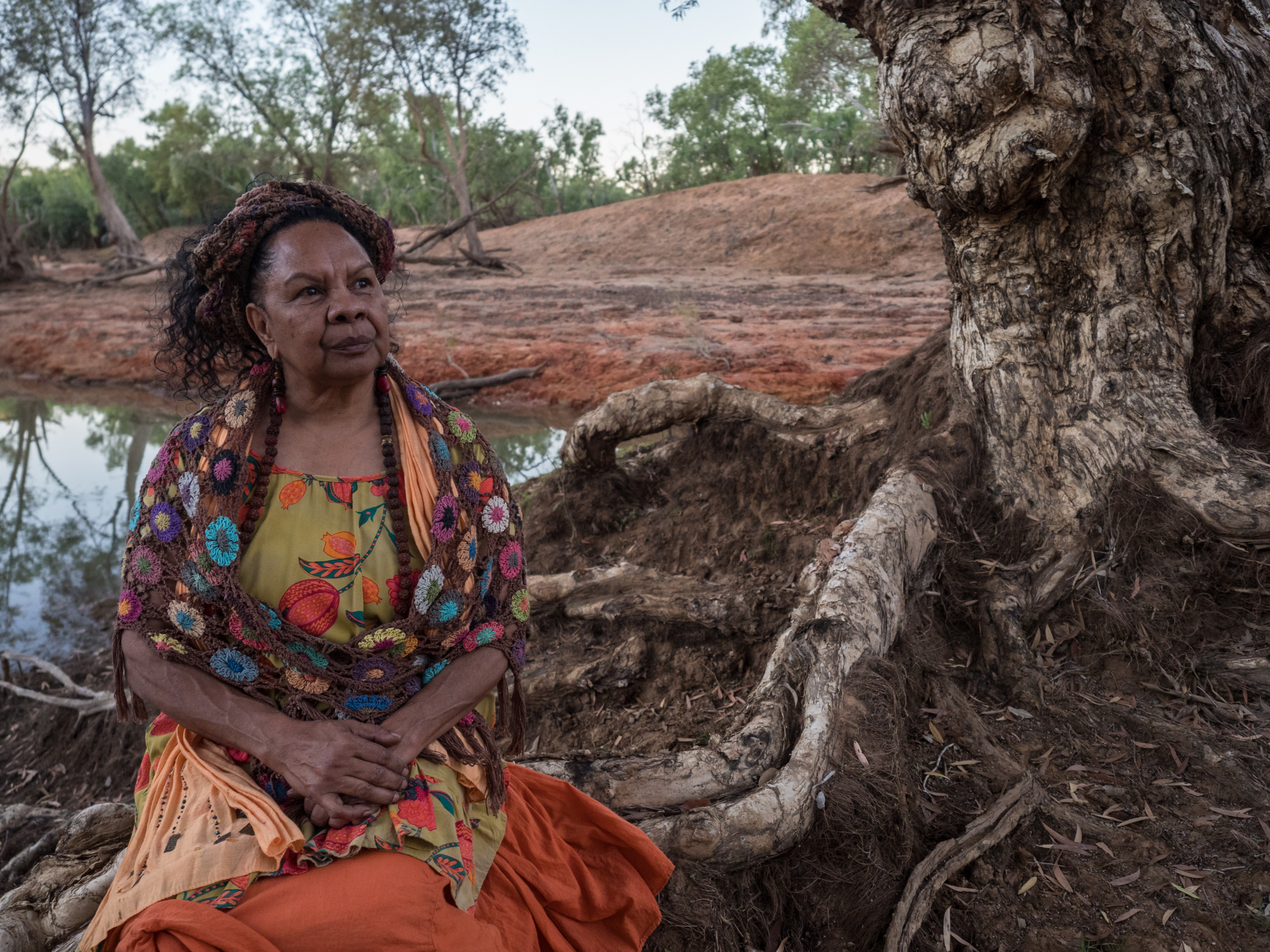
Indigenous-led solutions to climate change and water-related health challenges
United Nations Permanent Forum on Indigenous Issues (UNPFII), Twenty-fourth Session: 21 April – 2 May 2025: Side Event
Date: Monday 28th April 2025
Time: 3:00 – 4:15pm (GMT-4)
Venue: CR-5, United Nations, New York
Organizers and Sponsors: Endorois Indigenous Women’s Empowerment Network (EIWEN), Friends of Lake Turkana (FOLT), Minority Rights Group (MRG), Wellcome Trust, Permanent Mission of Finland to the UN.
Languages: English and Portuguese
Climate change is having profound impacts on water resources and ecosystems worldwide, with severe consequences for indigenous communities who have deep cultural ties and are heavily dependent on their lands. Impacts are causing dramatic changes: fluctuating water levels, increased water temperatures, and changes in water quality threaten traditional livelihoods and create new health risks for indigenous peoples who rely on these water ecosystems.
In Lake Bogoria, in Kenya’s Rift Valley, rising lake levels have submerged critical freshwater sources such as natural springs and wetlands, forcing communities to rely on saline and fluoride-contaminated water. This has led to serious health issues such as skeletal fluorosis and bowlegs in indigenous children and the elderly. Additionally, increased water temperatures and chemical changes have contributed to the proliferation of harmful algal blooms, which further degrade water quality and impact both human health and aquatic biodiversity.
However, these communities also possess Indigenous Traditional Ecological Knowledge systems (ITEKs), which can play a crucial role in developing effective climate and health adaptation responses. For instance, in Kenya’s Great Rift Valley, ongoing indigenous-led research that draws on these knowledge systems could inform sustainable management practices in the face of changing environmental conditions.
This event, co-organized by Endorois Indigenous Women’s Empowerment Network (EIWEN), Friends of Lake Turkana (FOLT), Minority Rights Group, Wellcome Trust and the Ministry of Foreign Affairs of Finland will present indigenous-led solutions based on community-led research, to some of the most pressing health issues linked to the degradation of aquatic ecosystems and ongoing work in safeguarding communities’ fundamental human right to water. It will also underscore why it is important to include communities in research and decision-making processes and in the management of water and health resources.
This event is being held to follow the Human rights dialogue with the Special Rapporteur on the rights of indigenous peoples at the twenty-fourth session of the UN Permanent Forum on Indigenous Issues. It aims to generate discussions to contribute to the Forum’s theme of ‘Implementing the United Nations Declaration on the Rights of Indigenous Peoples within United Nations Member States and the United Nations system, including identifying good practices and addressing challenges’.
Anticipated Panellists
Presentations by the panellists will be followed by a Q&A session.
- Ambassador Lauri Voionmaa – Deputy Permanent Representative from Permanent Mission of Finland to the United Nations
- Christine Kandie – Executive Director, EIWEN (Kenya)
- Representative from the Saami Parliament (TBC)
- Jassim Al-Asadi – Director, Nature Iraq (video)
- Alessandra Korap Munduruku- Munduruku People (Brazil)
Format
- 15:00 – 15:05: Welcome, opening remarks and ‘housekeeping’
- 15:05 – 15:15: Setting the Context: Overview of Indigenous Knowledge Systems by the Special Rapporteur on Indigenous Peoples
- 15:15 – 15:25: Rift Valley Waters: Indigenous-Led Research on Climate Change and Health in Lake Turkana and Lake Bogoria – Christine Kandie (Kenya)
- 14:25 – 14:35: Sámi People representative
- 14:35 – 14:45: Jassim Al-Asadi – Director, Nature Iraq
- 14:45 – 14:55: Mercury Contamination in the Tapajós River Basin – Alessandra Korap Munduruku- Munduruku People (Brazil)
- 15:55 – 16:10: Q&A
- 16:10 – 16:15: Closing remarks (moderator)
Contact: Lauren Avery (MRG). Email Lauren.
Featured image: Samuel Kiptek, an Endorois elder showing journalists the Loboi Dispensary that was submerged as a result of climate-change linked rise of Lake Bogoria in Baringo County, Kenya. Credit: Billy Rwothungeyo / MRG.





